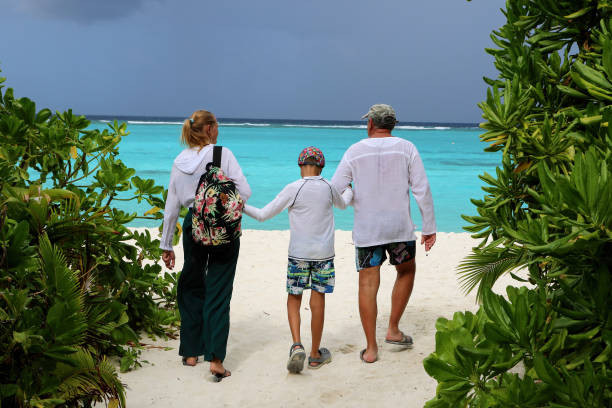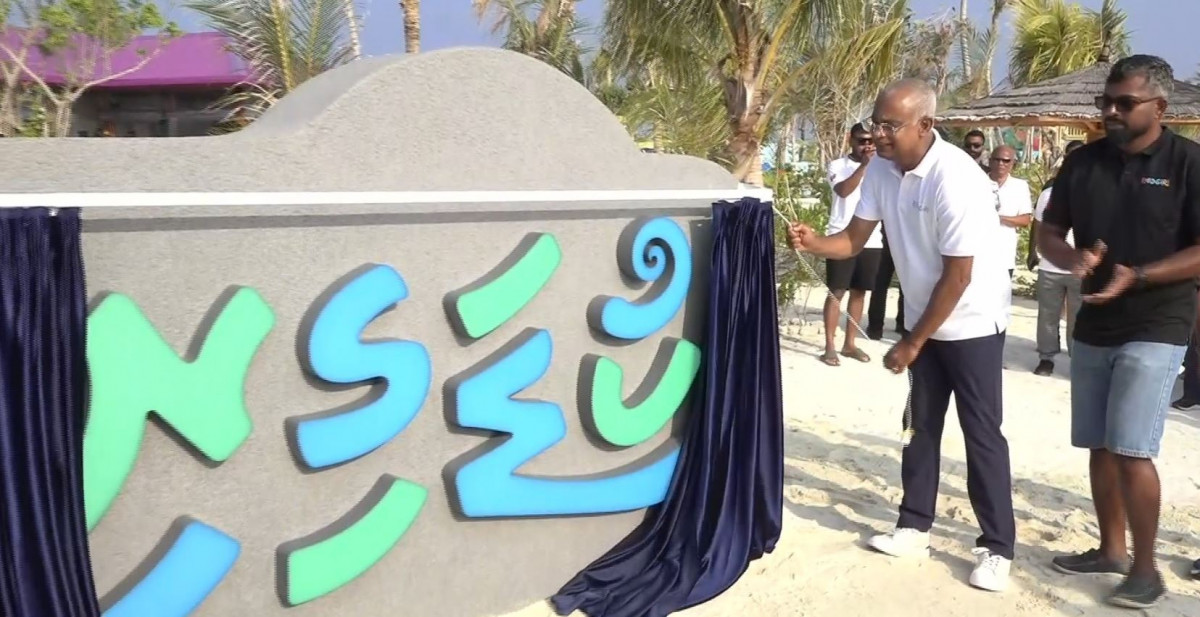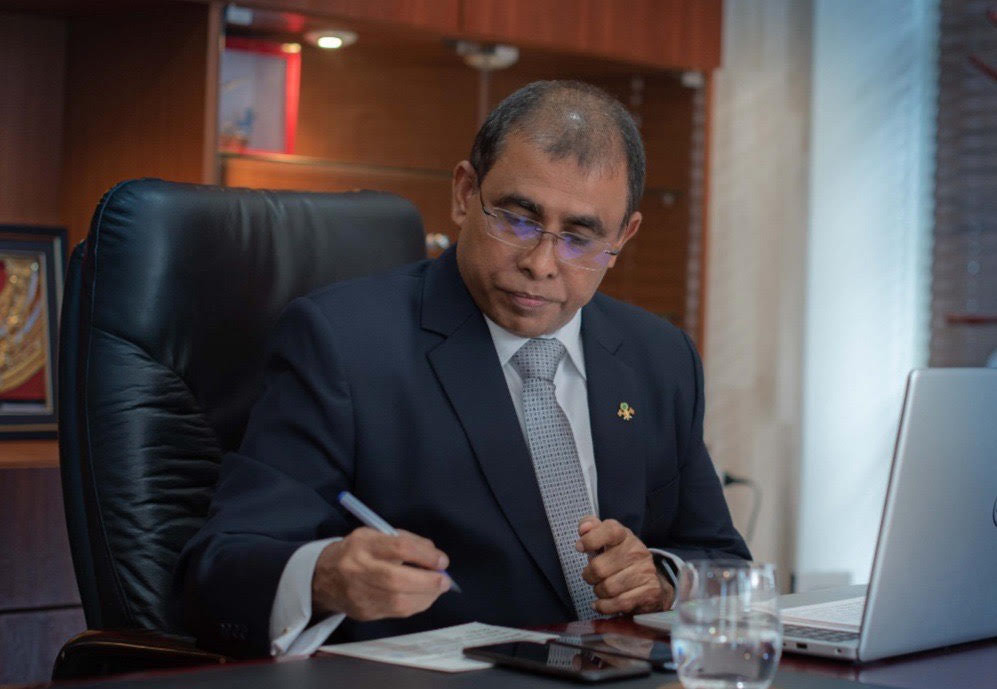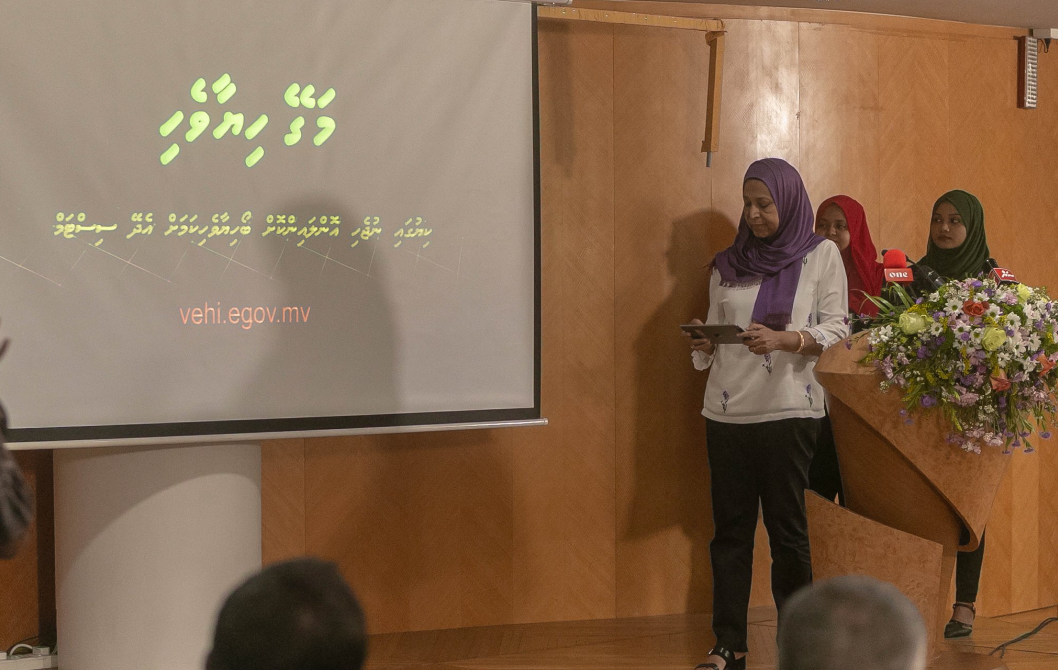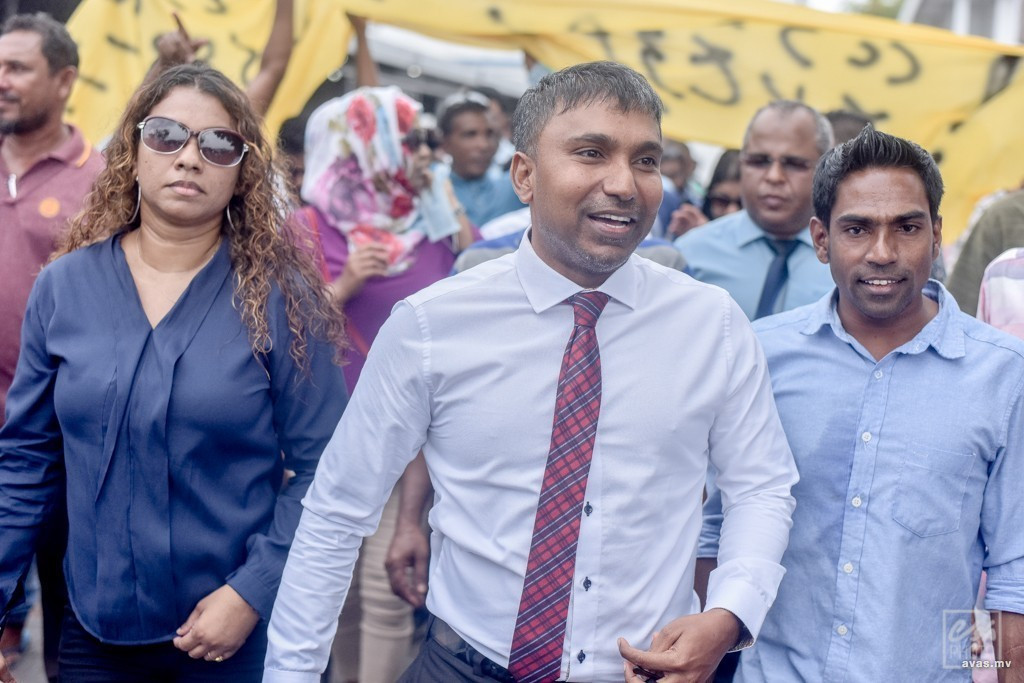Gov't is working towards building a decentralized waste management system: VP Naseem
VP Naseem highlighted that the Maldives relies on its oceans and marine resources for subsistence
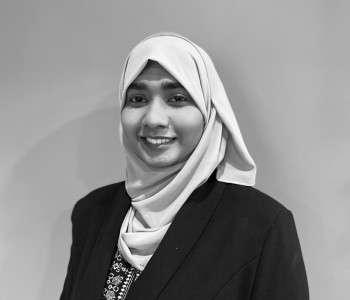
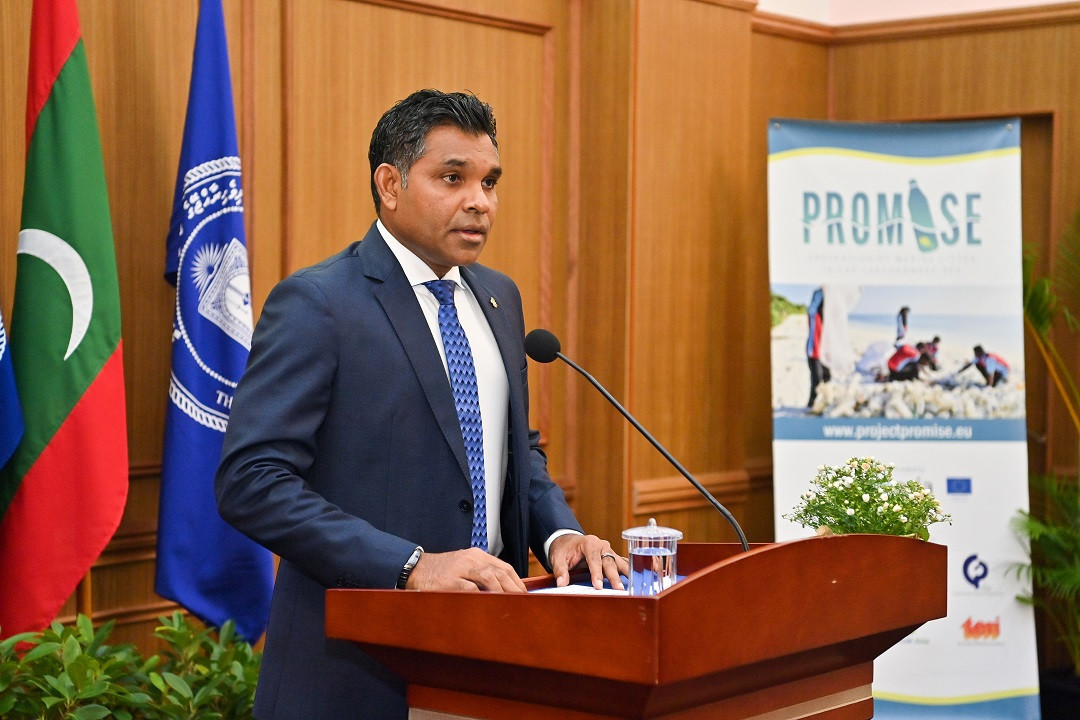
Vice President Faisal Naseem, speaking at the first PROMISE Policy Round Table Meeting
Vice President Faisal Naseem has stated that the Maldivian Government is working towards building a decentralized waste management system that can be integrated at the national level.
VP Naseem stated this while speaking at the first PROMISE Policy Round Table Meeting.
Speaking at the meeting VP Naseem highlighted that the Maldives relies on its oceans and marine resources for subsistence. As such, he stated that the major economic activities of the country, tourism and fishing are intricately linked to the country's coastal and marine environments and its biodiversity. He stated that for the Maldives, healthy oceans translate to a healthy economy.
Moreover, he also said that the amount of waste the country generate has increased at an exponential rate to a volume that is currently beyond our capacity, over the past few decades. He expressed concern over waste accumulated in mounds at coastal sites ending up becoming marine litter and how plastic waste that ends up in the ocean continues to be an enduring problem for the country, threatening the reefs, lagoons and marine life.
In his speach, the VP also highlighted that the Maldives’ limited land space, geography and resulting logistical difficulties makes management of waste at that magnitude extremely difficult, and that this is compounded by the lack of concrete policy and consumer awareness, as well as insufficient waste management capacities.
Mentioning that the government has adopted an innovative approach to the country's economy to transition towards a more ocean friendly community-led, blue economy that prioritizes sustainable use of the ocean’s bounties, VP Naseem highlighted the administration has included using Waste as a resource through a four-step process in their Strategic Action Plan. He said that the administration's emphasis on decentralization as a means of governance, also applies to waste management.
VP Naseem stated that the administration has the vision, the leadership and the political will to fix the issue. He said that programs like this give them hope that they are moving in the right direction.
Such congregations of policy makers, development organizations, island associations and NGOs are necessary to come up with community solutions for what is effectively a community problem, stated the VP.
The Government have banned the importing of selected “single-use” plastic items, and have drafted a new waste regulation bill that includes introducing Extended Producer Responsibility. They have also stopped burning waste in Thilafushi Island, freeing the air within Male’ atoll from harmful toxins for the first time in a generation.
